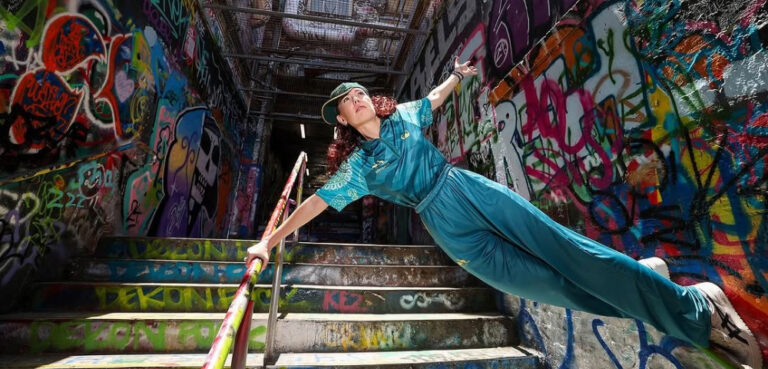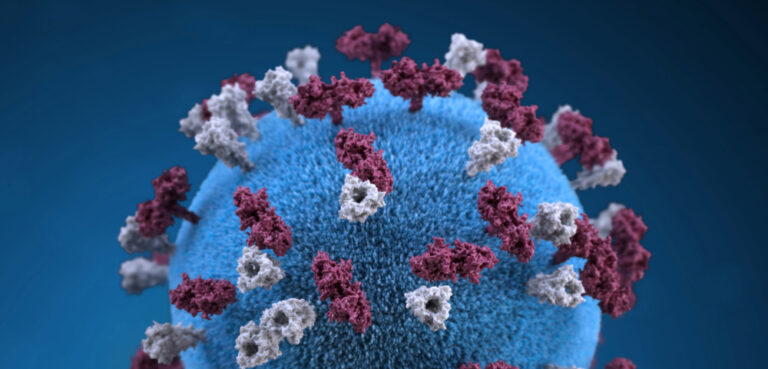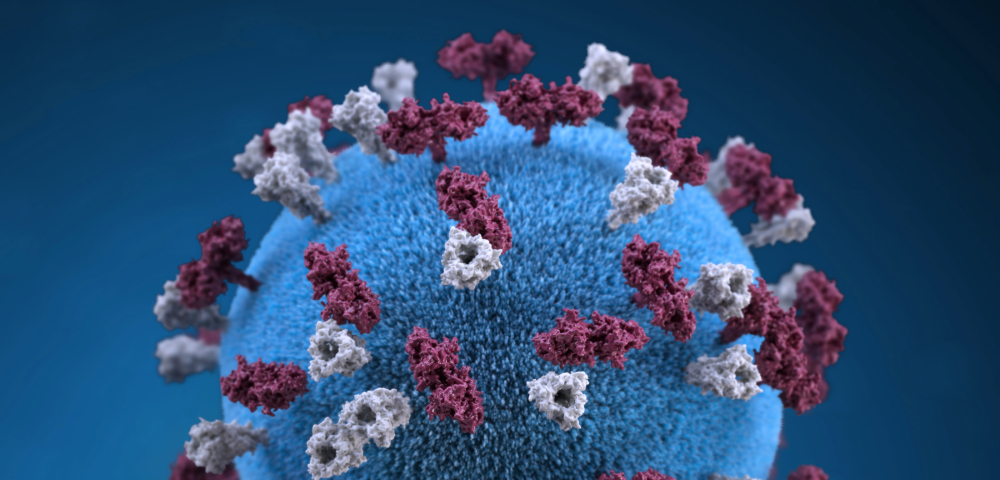
Honey Imports a Sticky Problem

By Georgia Clark
Australian Beekeepers and consumers are threatening a nation-wide boycott of Woolworths after the supermarket chain confirmed it will continue to sell imported honey.
The sweet product is creating bitterness between Australian beekeepers, consumers, a major honey supplier and the supermarkets.
When Coles announced in early July it would no longer sell the Allowrie brand, which is a blend of Australian and imported honey, Australian beekeepers believed Woolworths and ALDI Australia would follow suit.
Over 72000 people have signed a change.org petition organised by Victorian apiarist Simon Mulvany, calling for Woolworths to stop selling the imports, in line with Coles’ decision.
Allowrie’s owner, Australian honey supplier Capilano and Mr Mulvany have had a long-running dispute, sparked by Mr Mulvany’s social media campaign, waged under the ‘Save the Bees Australia’ banner. In 2016 Capilano applied for an injunction against the activist, causing Mr Mulvany to pull down 25 social media sites. Mr Mulvany, in turn, launched a defamation suit against Capilano.
Capilano sources its Australian honey from around 600 beekeepers and has around a 65 per cent Australian market share. All Capilano brand products are 100 per cent Australian.
However Capilano also buys imported honey, blends it with the Australian product, then sells it under subsidiary brands such as Allowrie.
Allowrie is made from 70 per cent imported honey from countries such as China, Mexico and Argentina.
Doug Purdie has been cultivating hives since 2010 and produces the Urban Bee Hive brand based in Matraville and Darlinghurst.
“There are a number of issues with imported honey, firstly that Australia is a large producer and there is no need to import,” Doug Purdie said.
“It comes down to economics to bring in cheaper honey from overseas.”
According to Mr Mulvany, Australia has lost at least 15 per cent of its commercial beekeepers over the last two decades and will lose more if the price of honey continues to drop because of foreign imports, including those from Argentina and Greece.
“There are countries that have worked out how to make synthetic honey, such as Argentina,” Doug Purdie said.
“There were shops around Australia selling ‘Victoria Honey’ and that was coming from Greece and it turned out to be sugar syrup, and there are other products available now that it is very hard to tell from the real product.”
“It is because our honey is so valuable overseas that it is often exported for high prices and a cheaper product is imported for local consumption,” Doug Purdie said.
In the past, representatives from Capilano have claimed that they needed to import honey because of drought in parts of Australia.
Georgia Clarke is a freelance writer from Sydney.









